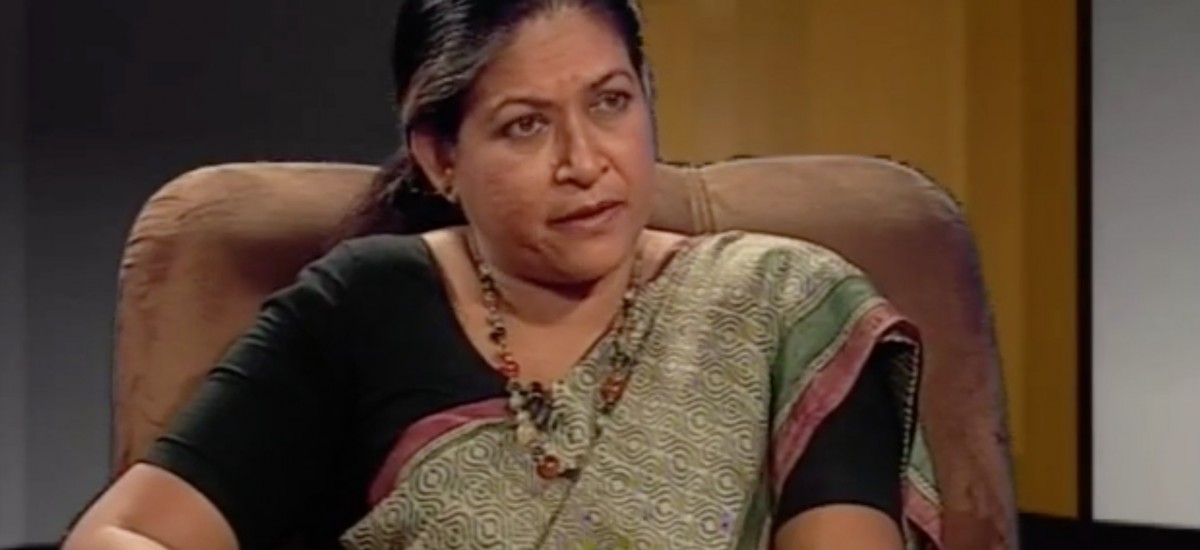Dinesha de Silva Wikramanayake is the Country Representative of The Asia Foundation. We begin by talking about what compelled Dinesha to join TAF, after, as noted on the Foundation’s site, two decades of experience in the field of international development – with special interest and experience in economic governance, rule of law, access to justice, and conflict resolution.
We go on to talk about the foci of TAF, and how they evolved over time, including in the Foundation’s work and programming in Sri Lanka (we joke about how in the 1950’s, a Volkswagen van donated by TAF to the Mahila Samithi went around teaching cooking!).
We talk about how Sri Lankan leaders, just after independence, visited San Francisco under the auspices of TAF, and how this has reflected the Foundation’s values around and approach to Asia writ large since its inception.
Dinesha goes on to talk about TAF’s engagement with the transformation of violent, systemic conflict. We then go on to talk about how TAF sees its role – whether it tries to work itself out of a particular context, or sees itself as supporting that context over the longer-term.
Dinesha goes on to talk about the best-known (and possibly most loved) aspect of TAF’s work in Sri Lanka, the Books for Asia programme.
Towards the end of the programme, Dinesha talks about the Lanka Corps programme, which on the Foundation’s website is described as
“a unique opportunity for young leaders of Sri Lankan heritage to professionally engage in social, cultural, and economic development activities in Sri Lanka. The program aims to foster the involvement and understanding of young members of the expatriate Sri Lankan community who have limited in-depth experience with the country of their heritage. Each year, The Asia Foundation selects an outstanding group of LankaCorps Fellows to live and work for six months in Sri Lanka, granting them the unique chance to “explore their roots while giving back.”
Dinesha goes into the history of the programme, including why it is so close to her heart. We go into what the Fellows have done in the country, and the varied profiles of those who have applied. Dinesha also goes on to talk about how some of the Fellows have gone on to stay longer than the period of the Fellowship, working with institutions in Sri Lanka to strengthen their output and activities.

